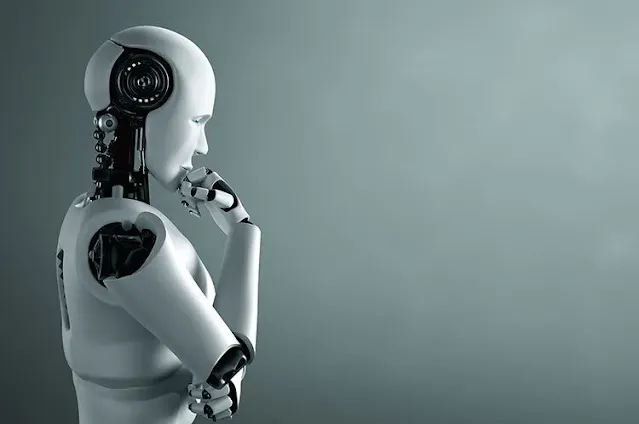Exploring
the Evolution of Production Technology
Production technology has revolutionized industries across the globe, shaping the way goods are manufactured and distributed. From the earliest methods of production to modern innovations, let's delve into the fascinating journey of production technology and its impact on society:
1.
The Dawn of Production Technology
The origins of production technology can be traced back to ancient civilizations, where manual labor and rudimentary tools were used to craft goods by hand. From pottery and weaving to metalworking, early humans developed techniques to produce essential items for survival and trade.
2.
The Industrial Revolution
The Industrial Revolution marked a significant turning point in production technology, ushering in an era of mechanization and mass production. Steam engines, textile machinery, and the assembly line revolutionized manufacturing processes, leading to increased efficiency and productivity on a scale never seen before.
3.
Automation and Robotics
In the 20th century, advancements in automation and robotics further transformed production technology. Programmable logic controllers (PLCs) and computer numerical control (CNC) machines revolutionized manufacturing processes, enabling precise control and customization of products.
4.
Lean Manufacturing Principles
The concept of lean manufacturing emerged as a response to the inefficiencies of traditional production methods. By minimizing waste and maximizing value, lean principles aim to streamline production processes and optimize resource utilization, ultimately improving quality and reducing costs.
5.
Industry 4.0 and Digitalization
In recent years, the rise of Industry 4.0 has brought about the convergence of digital technologies with traditional manufacturing processes. Cyber-physical systems, the Internet of Things (IoT), and artificial intelligence (AI) are transforming factories into smart, interconnected environments capable of autonomous decision-making and predictive maintenance.
Conclusion:
Production technology has come a long way from its humble beginnings, continually evolving to meet the changing demands of consumers and businesses alike. As we look to the future, the integration of digital technologies and sustainable practices will undoubtedly shape the next chapter of production technology, driving innovation and efficiency across industries.
FAQs
1.
What are the key challenges facing production technology today?
Today, production technology faces challenges such as globalization, supply chain disruptions, and the need for sustainable practices. Balancing efficiency with environmental responsibility is crucial for the future of manufacturing.
2.
How does production technology impact job opportunities?
While automation and robotics have led to some job displacement in traditional manufacturing roles, they have also created new opportunities in fields such as programming, data analysis, and robotics maintenance. Upskilling and adapting to technological advancements are essential for staying competitive in the job market.
3.
What role does artificial intelligence play in production technology?
Artificial intelligence (AI) plays a crucial role in optimizing production processes, from predictive maintenance and quality control to demand forecasting and supply chain management. By harnessing AI algorithms, manufacturers can improve efficiency, reduce costs, and enhance decision-making.
4.
How can small businesses leverage production technology?
Small businesses can leverage production technology by investing in scalable solutions tailored to their specific needs. Cloud-based software, modular production systems, and collaborative robots (cobots) offer cost-effective options for streamlining operations and staying competitive in the market.
5.
What are some emerging trends in production technology?
Emerging trends in production technology include additive manufacturing (3D printing), advanced robotics, digital twins, and sustainable manufacturing practices. These technologies are poised to drive innovation and reshape the future of production across industries.




0 Comments